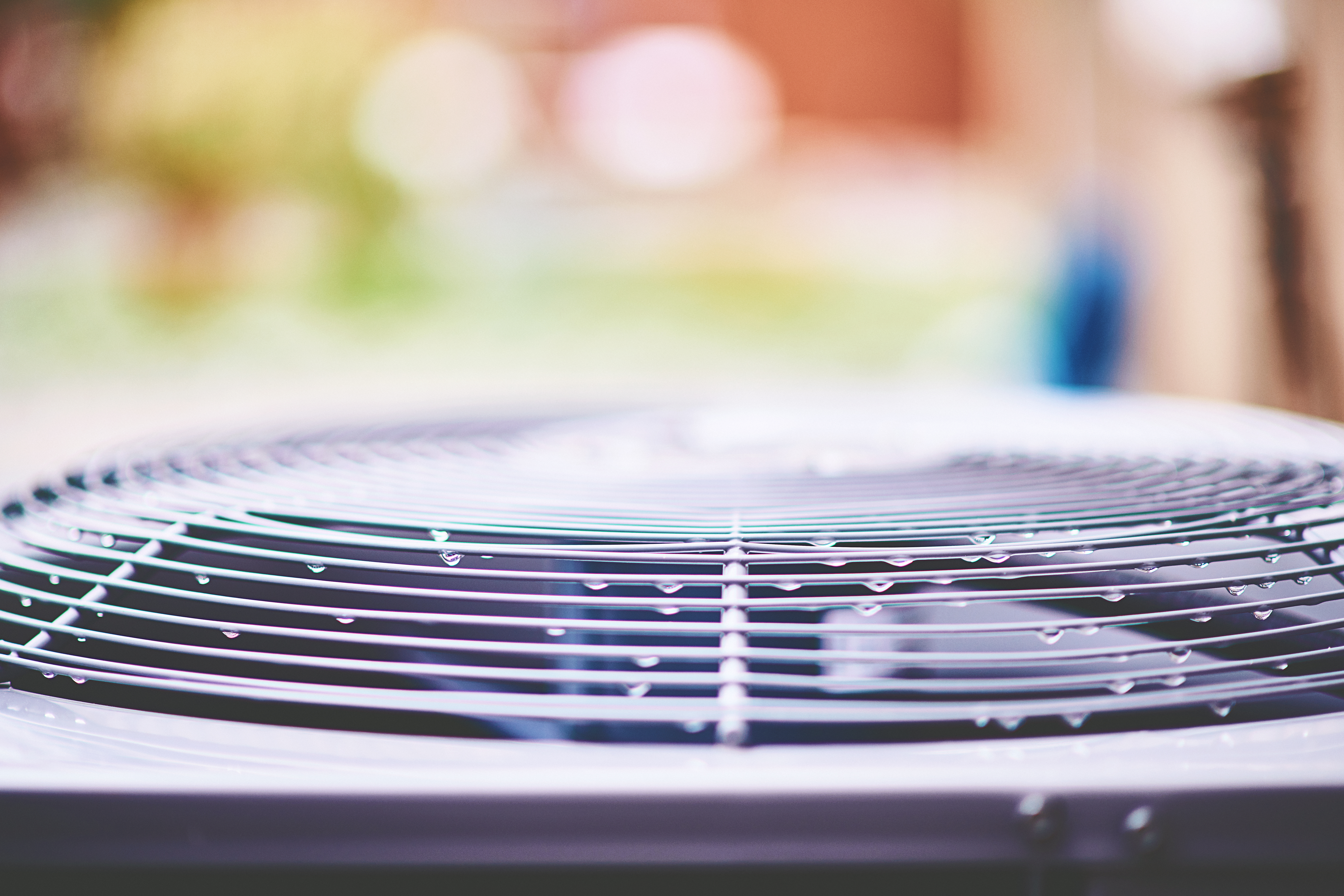
For many people, the distinctions between AC units and the technologies they employ may not be immediately evident, including what factors contribute to their efficiency levels. In today’s air conditioning market, the most efficient models are those utilizing variable-capacity technology. This guide aims to clarify how air conditioners function, what a variable-capacity system entails, the advantages it presents, and additional factors to keep in mind.
How Single-Stage AC Works
The standard air conditioner is known as a single-stage system. What this means is that the unit is either on or off, there are no settings for adjusting the output while it’s running. Effectively, this means that it runs on high throughout the entire cooling cycle.
How Variable-Capacity Systems Differ
A variable-capacity air conditioner has exactly what it sounds like, variable settings for the cooling output needed. The compressors on these systems start at about 35% of maximum capacity and can adjust at increments of 1%, allowing the unit to adjust to the cooling load conditions of the home at any moment. If there’s more sunlight hitting your home and it’s hotter outside, it’ll increase the cooling capacity. If it’s cloudy and cooler, it’ll reduce the capacity while it’s running.
Benefits of Variable-Capacity Systems
Variable-capacity air conditioners offer higher efficiency than single- or dual-stage systems. Rather than running a cycle, these systems run constantly but allow for some incredible benefits.
More Efficient Cooling
Air conditioner efficiency looks at the system’s cooling output of the system compared to the energy it consumes. Despite running constantly, these systems consume much less power while cooling your home. This happens because the system is running at significantly less than 100% capacity most of the time. Consider that a single-stage AC will run for up to 20 minutes per cycle with 2 or 3 cycles per hour. When you reduce the capacity of the compressor by 40-60%, you can see where the extra 20 minutes of run time consumes far less power.
Better Comfort
Because the system is running constantly, it’s continuing to move air all the time. This additional air movement helps distribute cool air more evenly throughout your home. It also keeps air moving to provide a little additional cooling effect beyond just the temperature.
Less Noise
The two loudest parts of a normally operating air conditioner are the compressor and the circulating fan. When the compressor runs at a lower capacity, it also produces less noise outside your home. Further, variable-capacity systems also have variable-speed fans, allowing even the fan to operate at a lower speed. This reduced fan speed reduces the noise the system produces inside your home without sacrificing comfort.
Better Air Quality
One of the secondary benefits your air conditioner offers is removing some airborne contaminants from the air as it circulates through the air filter. Being a variable-capacity system that runs all the time, it constantly draws more air through the filter than during a single-stage cooling cycle. Moving additional air through the filter means it’ll remove more contaminants, improving the overall air quality in your home.
Extended Service Life
The most wearing portion of an air conditioning cycle is when it starts, which consequently uses the most power too. Although a variable-capacity air conditioner runs nearly constantly, you’re removing all of the extra starts a single-capacity system experiences every day. This significantly reduces the overall wear on the system, reducing the number of lifetime repairs needed and extending its overall service life.
What to Consider About Variable-Capacity Systems
Before running out to purchase a variable-capacity air conditioner, there are some considerations to discuss with an experienced HVAC technician. First, you need to consider whether it’s compatible with your furnace, being they share an interior control board. Compatibility normally means the furnace is also a variable-capacity unit. If it’s not, you may need to also upgrade the furnace.
Secondly, consider other AC options. For instance, a two-stage system may be a good option if your furnace isn’t also a variable capacity unit and it’s not time for a replacement. Two-stage systems have a high and a low setting and normally operate at the lower stage for about 75% of your summer cooling season. This won’t offer quite as much efficiency improvement as a variable-capacity system but is still significantly better than a single-stage option.
When people around Festus want the best advice on replacing their current heating or AC system, they call Bone Heating & Cooling. Serving the area since 1978, our team proudly offers heating and AC installation, maintenance, and repair along with water heater and fireplace services. Call to schedule your consultation with one of our expert technicians to explore whether a variable-capacity AC is right for your home.


